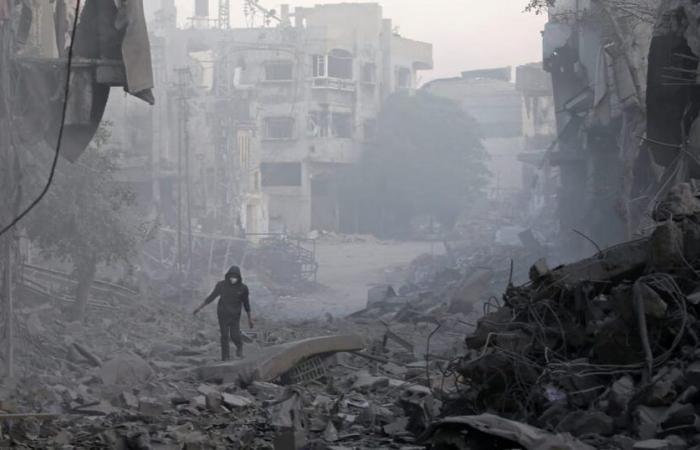The statement added: “For the innocent Palestinians whose homes turned into a warzone overnight and the many who have lost their lives, this ceasefire must allow for a huge surge in humanitarian aid.” It also reiterated support for a two-state solution.
The war has also been especially deadly for journalists, at least 165 of whom were killed covering the conflict, according to the Committee to Protect Journalists.
Deputy editor of the Thomson Reuters Foundation Barry Malone paid tribute to the slain journalists after the cease-fire announcement, writing: “I’ll never forget the relentless bravery of Palestinian journalists — about 200 of them paid the ultimate price, killed in Israeli attacks. But we should also never forget the many Western journalists who didn’t utter a single word of solidarity. We saw you.”
Will there be lasting peace?
While the truce agreement marks a first step toward the end of the conflict, the deal by no means guarantees peace. Just last month, Israeli media reported that Prime Minister Benjamin Netanyahu said Israel would “return to fighting” even after a cease-fire deal was reached, adding: “There is no point in pretending otherwise because returning to fighting is needed in order to complete the goals of the war.”
Netanyahu has spoken often of the need for “total victory” over Hamas. While the Israeli military has succeeded in killing many members of the group, including its leader Yahya Sinwar, U.S. Secretary of State Antony Blinken criticized Israel’s war strategy, noting that during the war Hamas has recruited almost as many new fighters as it has lost.
Already on Wednesday, Netanyahu cast doubt on early reports of the agreement, claiming that “several items in the framework have yet to be finalized,” but adding that “we hope the details will be finalized tonight.” The deal, a product of months of on-and-off negotiations moderated by Qatari officials, requires approval by Netanyahu’s cabinet before it is enacted.
Belgium






